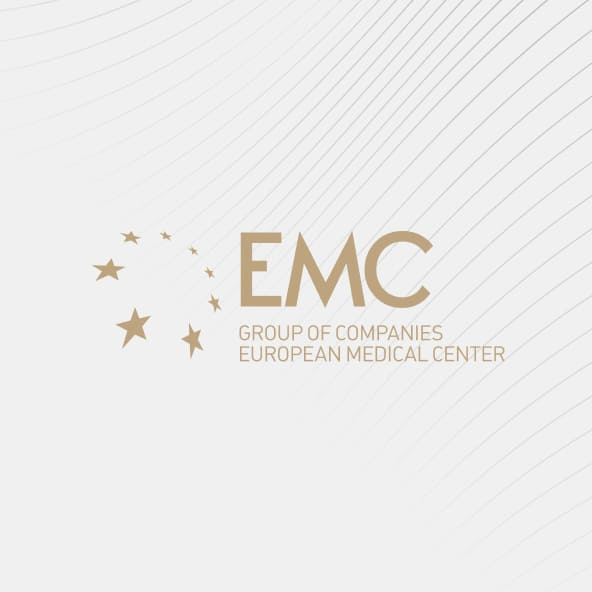Spermogram
A spermogram is an analysis of the seminal fluid of men of reproductive age in order to identify problems if a fertility disorder is suspected. As part of the analysis, seminal fluid is examined by physico-chemical and microscopic methods to assess the qualitative, quantitative and morphological parameters of spermatozoa. At the EMC clinic, a spermogram is performed according to indications, or as part of a comprehensive men's health screening program.
Indications
The analysis can be prescribed based on the results of a preliminary examination by an andrologist, urologist or a reproductologist. Indications for the study are:- Suspected infertility. If there is no conception after a year of regular sexual relations without protection, both partners must undergo fertility tests.
- When using reproductive technologies. The examination is prescribed in preparation for IVF, artificial insemination, freezing or sperm donation.
- In the treatment of urological pathologies. Examination of the ejaculate makes it possible to identify reproductively significant urogenital infections and monitor their treatment.
How to prepare for a spermogram
In order for the analysis to give a reliable result, a man should follow the recommendations of his attending physician on preparing for the study.
In general, to prepare for a spermogram, it is necessary:
- Observe sexual rest. A man is recommended to abstain from sexual intercourse for 2 to 7 days (optimally 3 to 4 days).
- Eliminate excessive heating of the groin area. Since elevated temperature negatively affects the quality of seminal fluid, a man should refrain from visiting a bathhouse, sauna, solarium, or prolonged stay in a hot tub.
- Give up alcohol, caffeinated drinks, and increased physical activity 3 to 5 days before the test.
- Stop taking strong medications. At least two weeks should pass after completing the course of antibiotics. Anti-inflammatory, psychotropic, and anticonvulsant medications are canceled in 7-10 days. If necessary, you will have to stop taking certain medications 24 hours before the test.
How does the analysis work
The collection of biological material takes place in a special private room, locked from the inside. At the EMC clinic, this area has a comfortable environment and a private bathroom for necessary hygiene procedures. Ejaculate intake is carried out from Monday to Friday from 10.00 to 16.00. To prevent contamination of the ejaculate by foreign microorganisms, wash your hands before collecting semen. Seminal fluid is obtained through masturbation and collected in a special sterile container. To accurately estimate the amount of sperm, it is very important to collect the ejaculate in full. The collected biomaterial is transferred to the laboratory through a special window.
If it is not possible to obtain biomaterial using a natural method, the sperm is collected surgically. For this, a testicular biopsy is performed.
Additional analyses
If it is necessary to obtain extended results, additional analyses can be performed:
-
MAR test (for the presence of antisperm antibodies);
-
HBA test (for the degree of maturity of spermatozoa and their ability to bind to the egg);
-
DNA fragmentation test (shows the number of genetically healthy spermatozoa);
-
tests for infections of the reproductive system.
Advantages of analysis at the EMC clinic
Our clinic has the most modern equipment and uses the latest methods of diagnosis and treatment of infertility in men and women. Advantages of taking an analysis at the EMC clinic:- Own laboratory. The laboratory facilities of the Clinic of Reproductive and Prenatal Medicine allow you to quickly receive the results of the analysis on the day of delivery or the next day.
- Advanced laboratory equipment. High-class technical equipment makes it possible to conduct an extended and detailed analysis of the ejaculate, to obtain accurate and informative results.
- Modern medical protocols. All analyses are performed in accordance with the latest international recommendations (WHO 2010).
- Doctors of the highest category. If any pathology is detected based on the results of the tests, the patient and his partner will be treated by a team of experienced andrologists and reproductive specialists.
Frequently Asked Questions
What are the good spermogram indicators?
When interpreting the results of the analysis, the doctor evaluates the deviations of the main indicators of the ejaculate from the reference values:
-
The total number of germ cells in the ejaculate is at least 39 million;
-
The concentration of spermatozoa in 1 ml of ejaculate is not less than 20 million;
-
The total volume of semen is above 2 ml;
-
The motility of spermatozoa and their ability to move in a straight line should not be less than 50 active motile cells in sperm.%;
-
Morphology: percentage of healthy spermatozoa with normal structure in the ejaculate (4% or more).
Other semen parameters are also evaluated: color, viscosity, dilution time, the presence of leukocytes, erythrocytes, mucus, etc. in the ejaculate. Some deviations in the results of the spermogram may be temporary, while others indicate the presence of a serious pathology. Only an andrologist can give a correct assessment of the results of the analysis.
What affects the quality of the spermogram?
Sperm counts are determined by a man's health status and a number of external factors. Some factors that can affect the quality of a spermogram in the short term can be eliminated with proper preparation for the analysis. Others are confirmed only after decoding the results. Among them: injuries, infections, certain systemic diseases, chronic stress, exposure to adverse harmful factors (toxins, chemical agents, radiation), taking certain medications, genetic characteristics, excess weight, bad habits, and much more.
What can a spermogram show?
The main purpose of the study is to determine the compliance of the parameters with regulatory indicators and the need for additional examination of the man. A spermogram helps to find out how capable a man is of fertilization, and also to identify conditions that can be corrected to restore male reproductive function. According to the analysis results, it is possible to identify pathologies such as oligospermia (small ejaculate volume), asthenoozospermia (low sperm motility), necrosoospermia (absence of living spermatozoa), azoospermia (complete absence of spermatozoa). It should be remembered that only a doctor who will evaluate a set of parameters can make a diagnosis based on the results of a spermogram.
You can specify the cost of the analysis and make an appointment with a doctor at the EMC clinic online or by phone +7 495 933-66-55.
Doctors
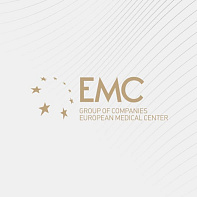
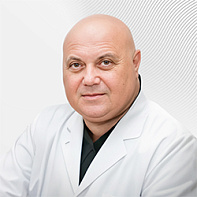

.jpg)

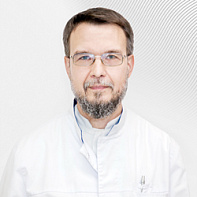
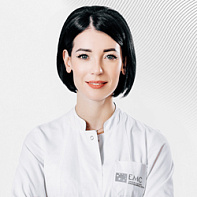
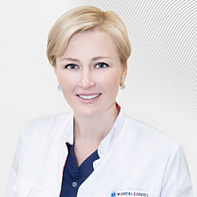
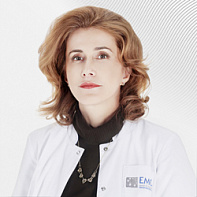
.jpg)
.jpg)
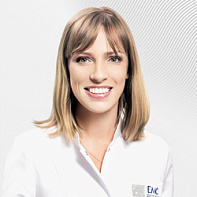
- Head of the Surgical Department of the Meir Medical Center, Kfar Saba
